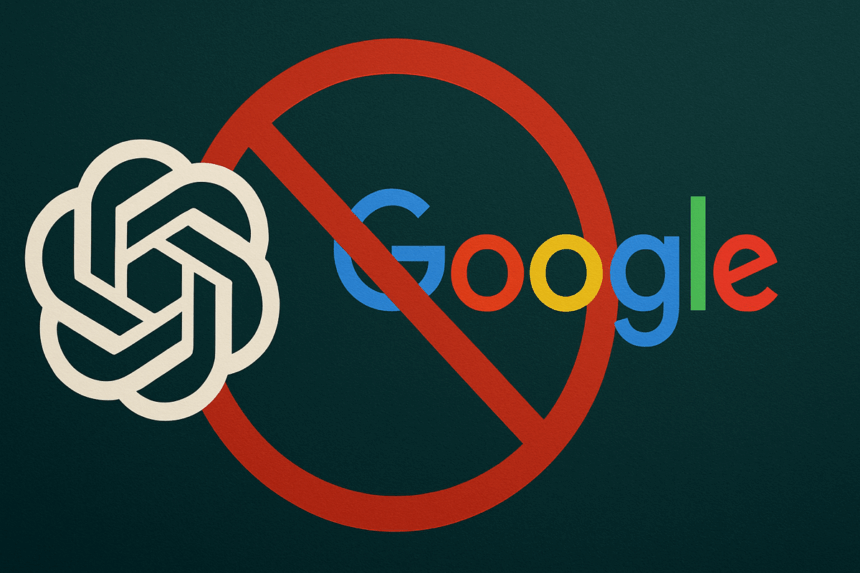OpenAI halted the indexing of private ChatGPT conversations by Google and other search engines, which enhances ChatGPT conversation privacy significantly. The about-face echoes loud dissatisfaction that users could accidentally share private chats publicly, making them searchable online. By disabling indexing, OpenAI protects user privacy while maintaining the option to share chats selectively.
What’s Happening & Why This Matters

Since May 2023, ChatGPT users could create shareable links to their conversations; links replaced the cumbersome screenshot method. A small checkbox in the sharing interface asked if users wanted their chat to be discoverable via web searches. However, many users unknowingly enabled this option, causing personal and sensitive conversations to appear in Google, Bing, and DuckDuckGo results, compromising ChatGPT conversation privacy.
Searches using queries like site:chatgpt.com/share revealed a trove of private dialogues, ranging from relationship advice to conspiracy theories. While shared links omit personal account details, any mention of names or unique phrases makes identification possible.
A Google spokesperson clarifies that OpenAI controls publishing these links to search engines. Google merely indexes what OpenAI submits. In response to privacy concerns, OpenAI now prevents these shared chat URLs from being indexed, reducing the risk of private information becoming public unintentionally, thus improving ChatGPT conversation privacy.
OpenAI CEO Sam Altman acknowledged that users often share deeply personal issues with ChatGPT, including mental health and relationship problems. This underscores the need for safeguarding sensitive data shared in AI conversations, highlighting the importance of ChatGPT conversation privacy.
Notably, deleting a ChatGPT account removes all shared links. Users concerned about privacy can edit or delete individual shared conversations. Despite these protections, OpenAI must legally retain conversations for potential lawsuits, meaning data might still be accessible under legal orders.
The accidental exposure of private conversations presents a “massive SEO goldmine” for marketers, revealing real user concerns and interests. This has practical value but also raises ethical questions about user consent and data privacy.
Similar issues arose with Meta’s AI and Google’s Gemini chatbot, where shared conversations appeared in public feeds or search results. Google has since removed Gemini chats from search indexes, reflecting a broader industry move toward tighter data control.
TF Summary: What’s Next
OpenAI’s decision to block Google’s indexing of ChatGPT private chats is a victory for protecting user privacy and reinforcing ChatGPT conversation privacy. The need to keep personal data secure outweighs the desire to share AI interactions.
AI companies must establish clear, user-friendly controls over data sharing and ensure transparency to protect ChatGPT conversation privacy. Users should remain cautious about what they share online. Even the most secure tools risk inadvertently exposing personal data to the public.
— Text-to-Speech (TTS) provided by gspeech


